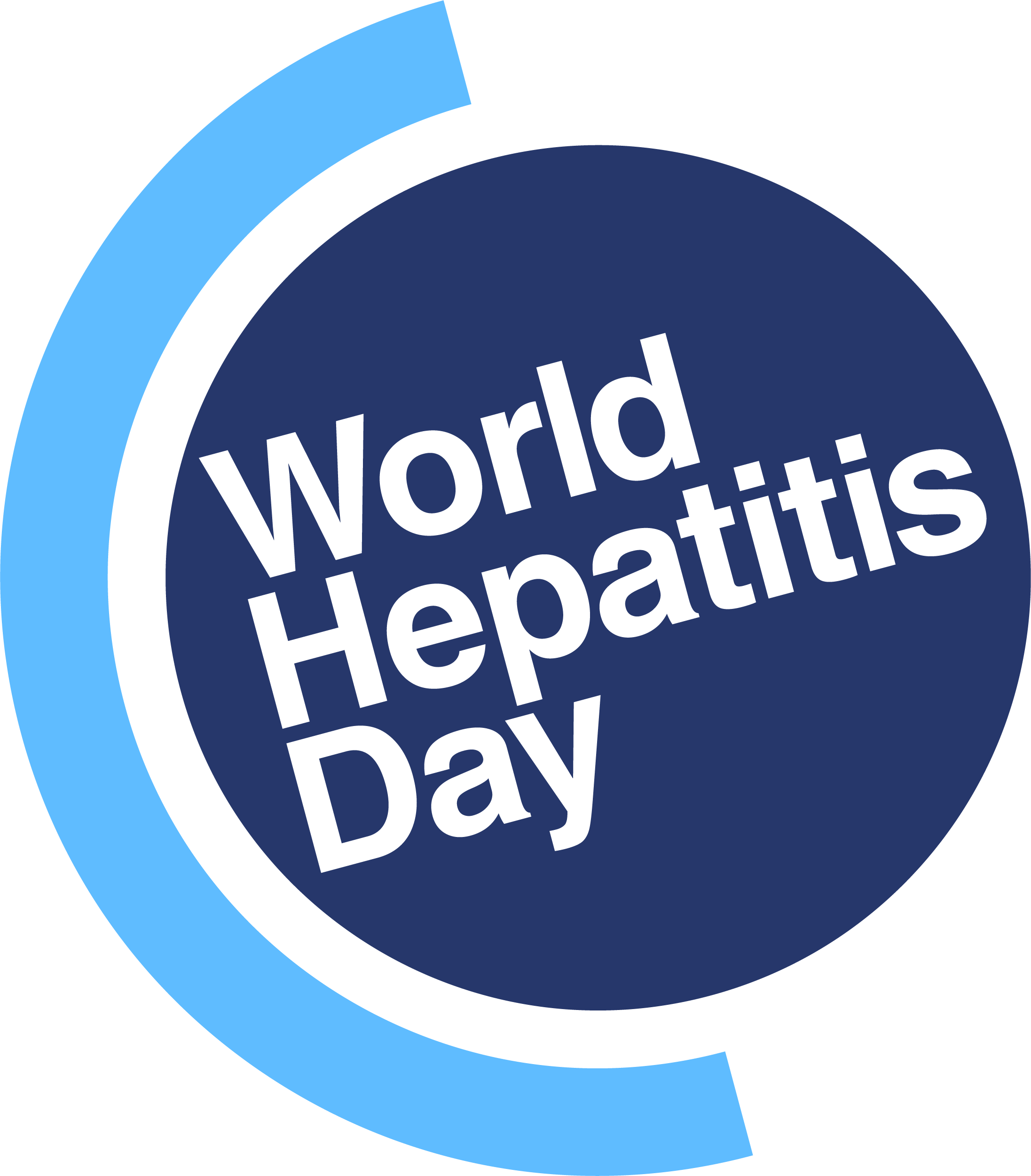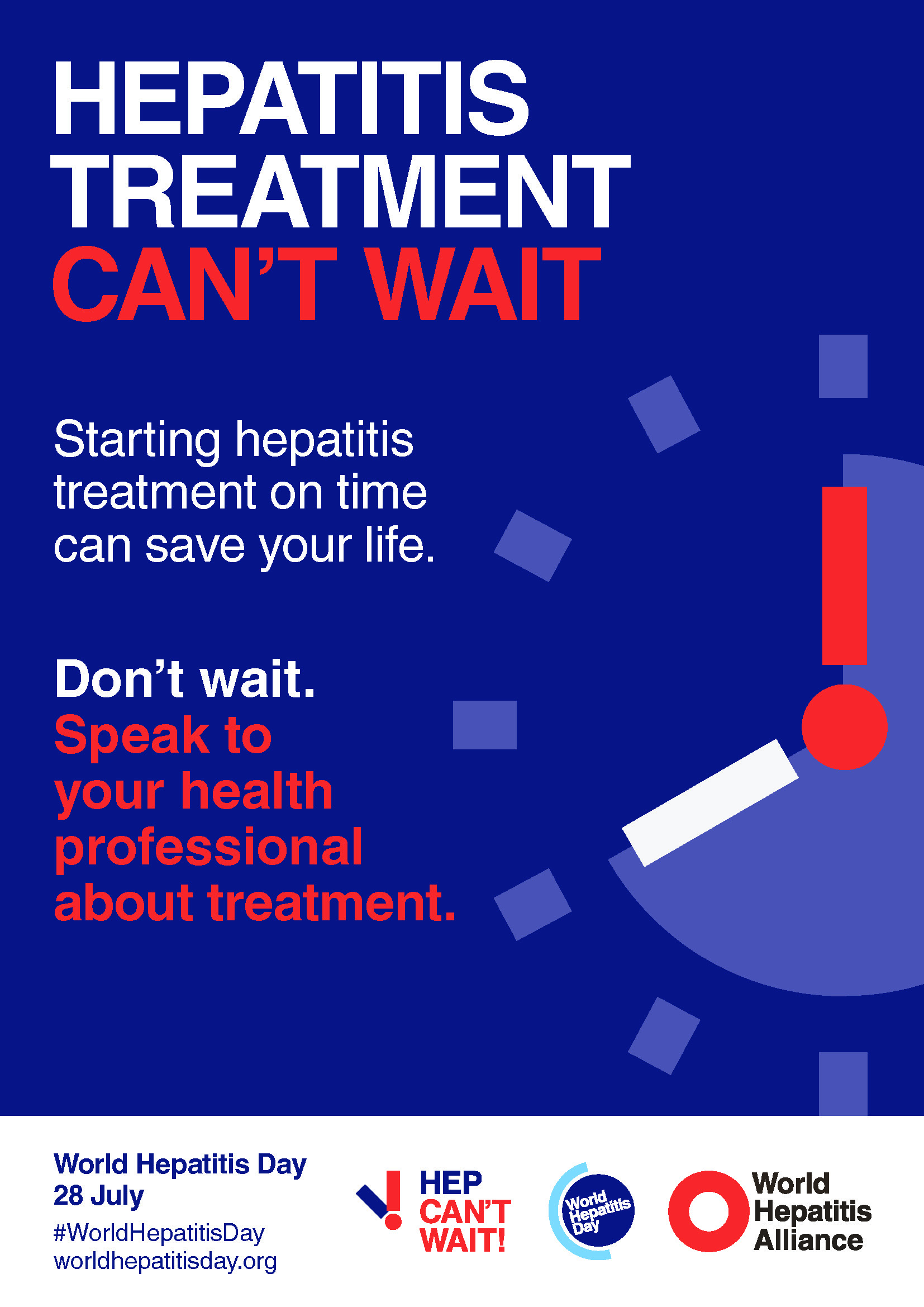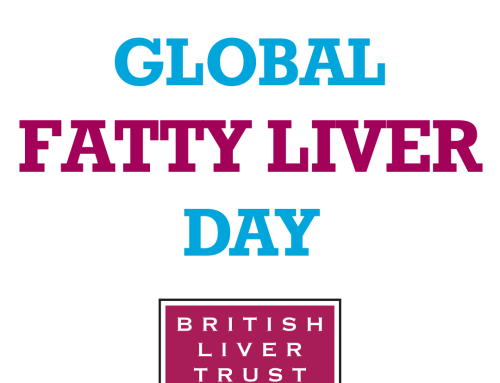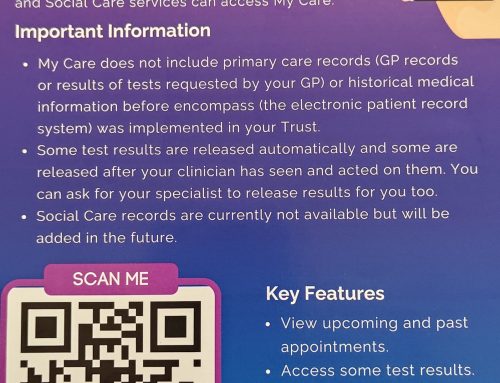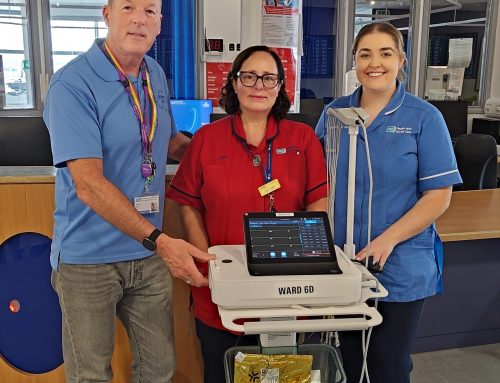Friday, July 28th, was WORLD HEPATITIS DAY. The Public Health Agency (PHA) continues to remind us that anyone can be at risk of hepatitis, as latest statistics show that there were 122 new cases of hepatitis B cases and 191 new cases of hepatitis C diagnosed here in 2022.*
Northern Ireland’s Chief Medical Officer Professor Sir Michael McBride said: “There are several different types of hepatitis. Some types will pass without any serious problems, while others can be more severe and long-lasting.
“The symptoms of hepatitis can often be vague, or not very noticeable which means there will people be living with the infection without realising it. If you think you may be at risk of infection from hepatitis then we would encourage you to get tested, or speak to your GP.”
Dr Gillian Armstrong, Public Health Consultant at the PHA said: “Hepatitis B tends to be transmitted from an infected mother to her baby or through contact with infected bodily fluids.
“In Northern Ireland, new infections with hepatitis B tend to be from sexual contact with an infected person.
“Hepatitis C is commonly associated with sharing needles or injecting equipment. It can also be spread by having a tattoo or body piercing done using non-sterile equipment.
“The good news is that there is a vaccine to help prevent hepatitis B, and treatment for hepatitis C is now very effective.
“Therefore, we are encouraging people to come forward for testing if they think they could be at risk, for example if they have had a tattoo or piercing where there are concerns about the hygiene standards of the practice, if they have received medical or dental treatment abroad where equipment has not been sterilised properly or if they have ever injected drugs, even if this was only once or some time ago.
Hepatitis comes in various forms, but the most serious are hepatitis B and C both of which can cause chronic liver damage and cirrhosis.
Hepatitis A and E can be transmitted through contaminated food and water but tend to be self limiting infections for most individuals.
“The theme for World Hepatitis Day in 2023 is ‘We’re not waiting’,” said Dr Neil McDougall, Consultant Hepatologist in the Regional Liver Unit, Belfast Trust.
“Our target is to eliminate Hepatitis C as a public health concern in Northern Ireland by 2025.
“We now have fantastic tablet based treatments for hepatitis C with minimal side effects and a cure rate of nearly 100%. But we can only achieve our target if we identify people with hepatitis C and offer them effective treatment.”
Susan Semple, Consultant Nurse at Belfast Inclusion Health Service said: “We are not waiting. It’s time to get ahead – test, treat and cure and work together to eliminate viral hepatitis.
“We want to offer the chance to get tested to anyone who may be at risk of having hepatitis B or C.”
Hepatitis B is most commonly transmitted through blood-to-blood contact following sexual intercourse, injury with contaminated sharp instruments or other equipment by intravenous drug misusers, or by perinatal transmission from mother to child.
The Hepatitis C virus is usually transmitted through blood-to-blood contact. Some examples of ways blood can be transferred include sharing razors and toothbrushes or sharing unsterilized needles – for example while injecting drugs. Sexual transmission and transmission from mother to child do occur, but this is less frequent than in hepatitis B cases.
Dr Armstrong concluded: “We hope as many people a possible will avail of this opportunity to get tested and help us work towards eliminating hepatitis. It is also important to know about how to avoid becoming infected. This includes practising safer sex, avoiding getting tattoos abroad and not sharing needles or injecting equipment. Clean injecting equipment can be obtained from various needle exchange sites across Northern Ireland to reduce the risk from these infections.”
Hepatitis instances
Hepatitis B in NI in 2022: 121 cases, 22% increase on 2021.
Hepatitis C in NI in 2022: 191 cases, 19% decrease on 2021.

